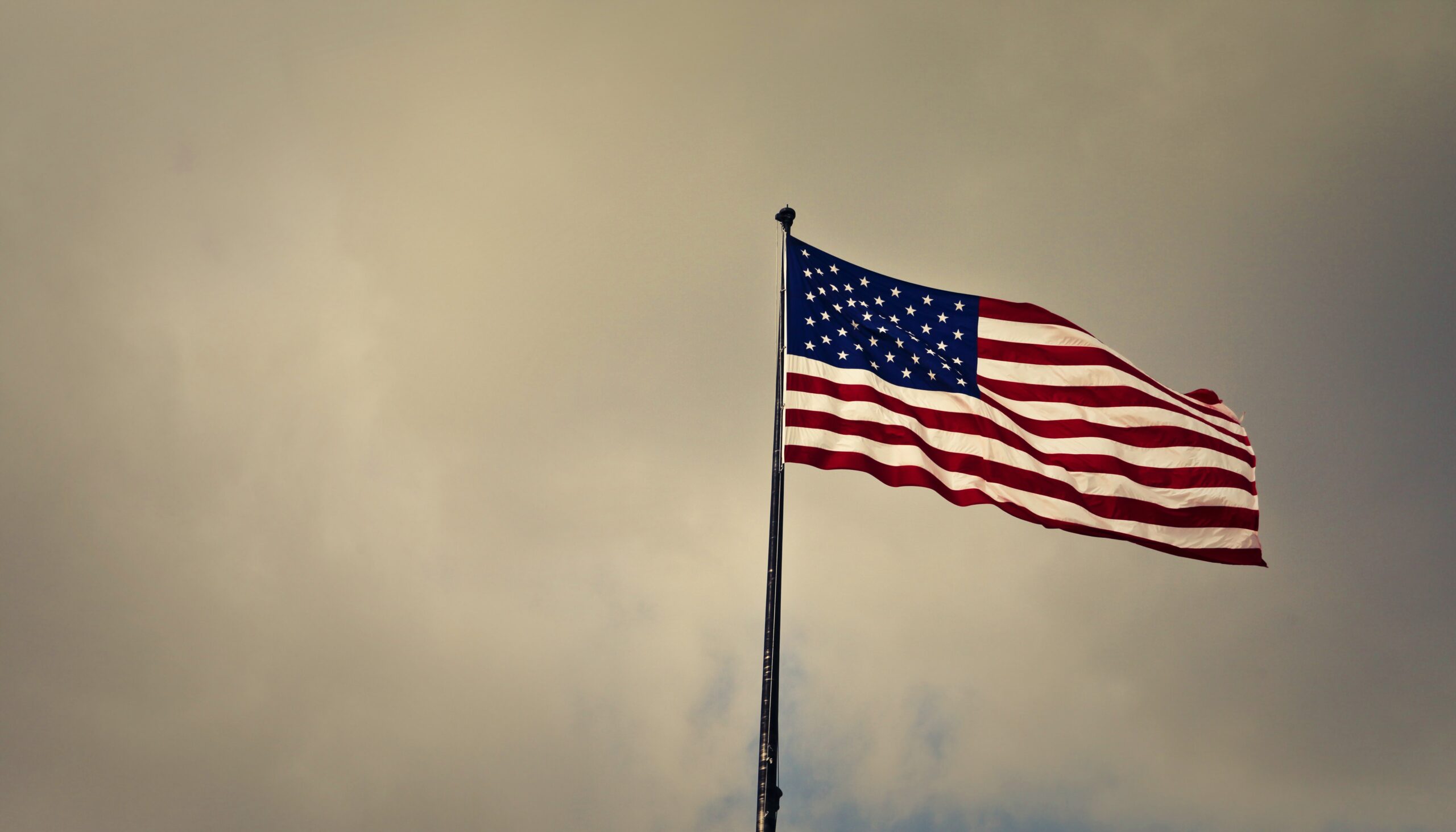What is SEC and How It Influences Trading
The US Securities and Exchange Commission, or SEC, is part of the government of the US. We'll tell you what kind of government agency it is, when it started, what role it plays in the economy and politics, and how powerful it is.
What is SEC? : A Brief History
The Securities...

The US Securities and Exchange Commission, or SEC, is part of the government of the US. We’ll tell you what kind of government agency it is, when it started, what role it plays in the economy and politics, and how powerful it is.
What is SEC? : A Brief History
The Securities Exchange Act of 1934 says that the Commission was made (Securities Exchange Act of 1934). Besides this law, the following later laws also govern how the Commission works:
- Securities Act (1933)
- Trust Deed Act (1939)
- Investment Company Act (1940)
- Investment Advisers Act (1940)
- Sarbanes-Oxley Act (2002)
Joseph Kennedy, who would become the father of President John F. Kennedy, was the first head of the commission. In the commission’s history, there have been 33 chairmen, which isn’t much less than the number of presidents in the United States over the past 250 years. So, the average number of years of service is less than three.
The commission is led by five people, and no more than three of them can be from the same political party (Democratic or Republican). The President of the United States chooses all of them, including the chairman. Nearly 5,000 people work for the body as a whole, and its headquarters, like those of most other federal agencies, are in Washington. There are many regional divisions, including ones in Atlanta, Boston, Chicago, Denver, Los Angeles, Miami, New York, Philadelphia, Salt Lake City, San Francisco, and Fort Worth, Texas.
What is the SEC’s job?
The Commission is interested in everything that goes on in the United States with securities. The SEC’s main job is to make sure that transactions are clear, stop fraudulent schemes, and keep investors’ faith in the stock market.
In order to do this, the regulator not only sets the rules for registering securities, but also keeps an eye on how they are used. Rarely does the same government body both make rules and enforce them. The commission also keeps an eye on how stocks and bonds move around, how brokers do their jobs, how private investors and investment companies trade, and for signs of bubbles and other types of manipulation.
The Commission also looks into violations on its own. She can start a case if there are strong signs that securities have been stolen, contracts have been broken, or facts about the use of insider information have come to light, etc.
The SEC looks at a lot of offenses every year. The ones that happen most often:
- Concealment (or provision) of implausible and/or misrepresenting information about securities
- Theft of funds or other valuable assets of the client
- Manipulation of market prices
- Accounting fraud
- Insider trading in securities
- Sale of securities with improper registration
- Other illegal actions of brokers in relation to clients
If these kinds of violations are found, the Commission has the power to decide how much the fines will be, to take back any profits made illegally, to stop people and companies from trading in securities, and to ban other things that it thinks are illegal. The following numbers show how many investigations the SEC does: In 2018, the SEC opened 490 cases and fined people a total of $3.95 billion.
What Information Does the SEC Gather?
The commission looks at all securities and financial instruments, including stocks, options, stock futures, bills, swaps, checks, warrants, investment units, trust, deposit, and savings certificates, and so on.
Also, all investors must register with the SEC if they buy more than 5% of the shares of any company on any of the American stock exchanges. And since almost all of the world’s biggest companies sell securities that are listed on at least one US stock exchange, it turns out that the only commission controls all financial flows around the world.
